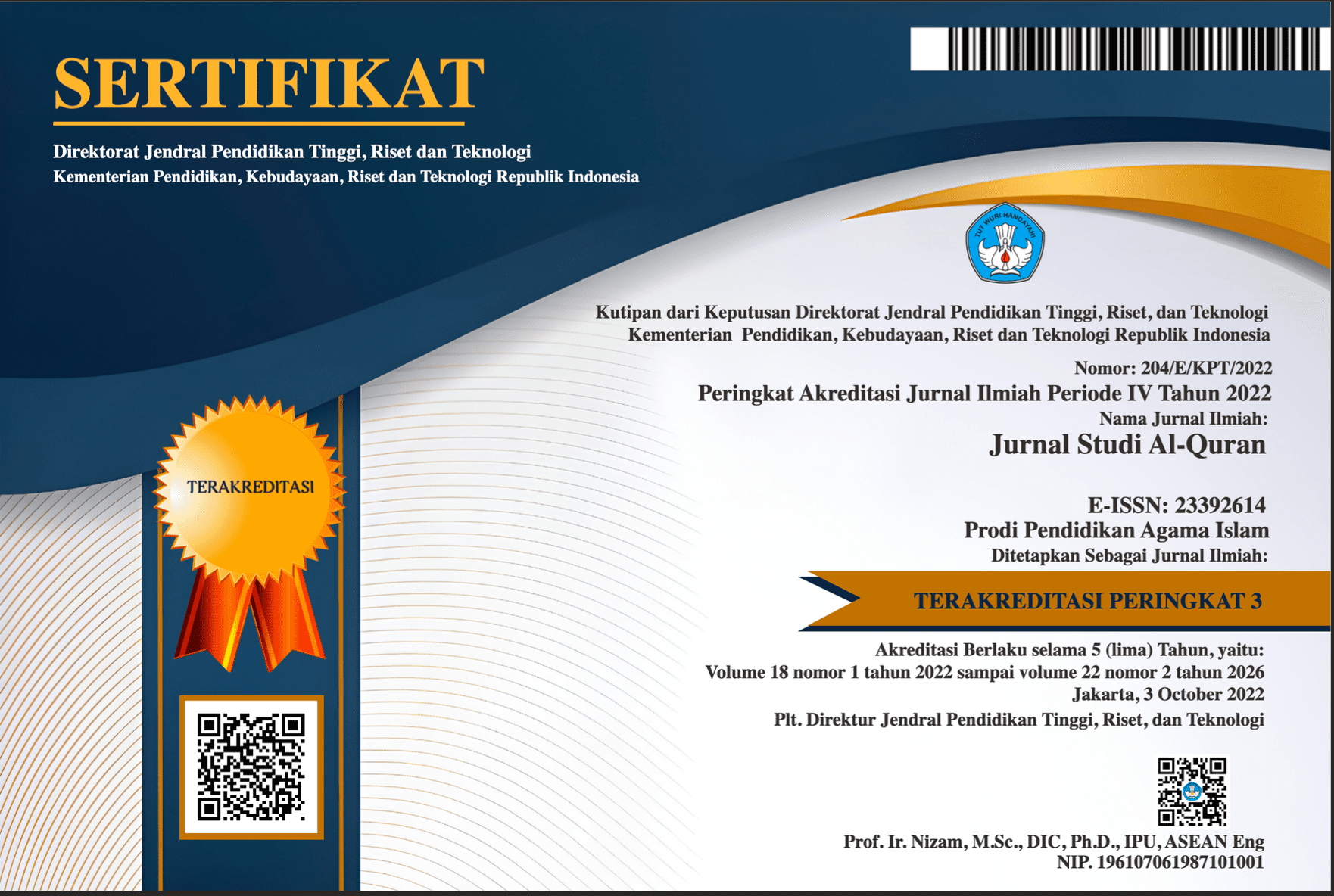The Correlation Of Islamic Civilization In Sciences With Western World
( Eastern Impact Through Sciences On Western World )
DOI:
https://doi.org/10.21009/JSQ.014.1.01Keywords:
Islamic civilization, western world, empirical sciences, Islamic ethics, Islamic law “Shari’ahâ€, materialistic, human HistoryAbstract
The nature of scientific verification of knowledge distinguishes it from mystical knowledge in empirical sciences. Islam is a religion and a civilization, historically connecting various stages of human history for more than fourteen centuries. The Islamic ethics and law “Sharia’h†are coherent legal system to protect private property within a comprehensive and rational system. Capitalism and the industrial revolution of western world dramatically transformed resulting in a socio-economic schism consequently emerged as a domineer for existence and affected the Islamic world. The secular and rationalized legal framework needed capitalism, which is incompatible with the nature of Islamic law. The western science in this civilization is also separated from morality and noble values because it has adopted materialistic philosophies and ideologies, such as Pragmatism, Darwinism, Existentialism and any other philosophy that is against the Islamic religion.
keywords: Islamic civilization, western world, empirical sciences, Islamic ethics, Islamic law “Shari’ahâ€, materialistic, human History.
References
http://www.iiste.org/Journals/index.php/RHSS/article/view/16825, (18/11/2017).
2. Imad-ad-Dean Ahmad (2002), The rise and fall of Islamic Science: The calendar as a case study, Minaret of Freedom Institute Bethesda, MD Delivered at the conference on “Faith and Reason: Convergence and Complementarity†At al-Akhawayn University, Ifrane, Morocco June 3, 2002.
3. Kamaruzzaman Bustamam – Ahamad, Patrrick Jory (2011), Islamic studies and Islamic education in contemporary South-east Asia, Yayasan Ilmuwan D-0-3A, Setiawangsa Business Suites, Taman Setiawangsa, 54200 Kuala Lumpur, Malaysia.
4. Krishnan Umachandran (2017), Business Sustenance in African Entrepreneurship. International Journal of Latest Trends in Engineering and Technology, Vol. (8) Issue (3), pp.372-377, DOI: http://dx.doi.org/10.21172/1.83.053 e-ISSN:2278-621X
5. M M Sharif (2013), Muslim thought its origin and Achievements, Editing by Gul, Ateeb (M.A. Thesis, Boston University), https://open.bu.edu/handle/2144/14101, (18/11/2017).
6. Mohamed Mohamed Tolba Said (2015), Al-hadharah Al-islamiah Wal Ulum At-Tajribiah الØضارة الإسلامية والعلوم التجريبية / Islamic Civilization And Empirical Sciences (in Arabic), Jurnal Kolej Pengajian Islam Johor (MARSAH), Bil. 3, No. 3, December 2015, Pp. 141-145, Printed by KPIJ PRESS, Shah Alam, Selangor Darul Ehsan, Malaysia.
7. Mustapha, Adejoro Raheem, A. F. Ahmed (2007), Islam’s contribution to civilization, National Open University of Nigeria, Lagos.
8. Nele Matz (2005), Civilization and the Mandate System under the League of Nations as Origin of Trusteeship, A. von Bogdandy and R. Wolfrum, (eds.), Max Planck Yearbook of United Nations Law, Volume 9, 2005, p. 47-95. Koninklijke Brill N.V. Printed in The Netherlands
9. Pippa Norris and Ronald Inglehart (2002), Islam and the West, Testing the ‘Clash of Civilizations, Harvard University and the University of Michigan.
10. Poto Cnik (2005), Islam Between the Past and the Present Dragan, volume 2, number 2, ISSN -1855-3362/2, Pp. 171-186, University of Maribor, Slovenia.
11. Saim Kayabidi, Ahmad Hidayat Buang (2011), The role of islamic studies in muslim civilization in the globalized world: Malaysian experience, Jurnal Hadhari 3 (2) (2011) 83 – 102.
12. Solveig Meling Kvamsoe (2010), Revelation and Rationality. Intellectual Defense of Islam, School of Mission and Theology Stavanger.
13. Yang, R. (2003), Globalization and higher education development: a critical analysis. International Review Education 49(3-4): 269-291.
Downloads
Published
How to Cite
Issue
Section
License
Authors who publish with this Journal agree to the following terms:
- Author retain copyright and grant the journal right of first publication with the work simultaneously licensed under a creative commons attribution licensethat allow others to share the work within an acknowledgement of the work’s authorship and initial publication of this journal.
- Authors are able to enter into separate, additional contractual arrangementfor the non-exclusive distribution of the journal’s published version of the work (e.g. acknowledgement of its initial publication in this journal).
- Authors are permitted and encouraged to post their work online(e.g. in institutional repositories or on their websites) prior to and during the submission process, as it can lead to productive exchanges, as well as earlier and greater citation of published works.
Users/public use of this website will be licensed to CC BY










